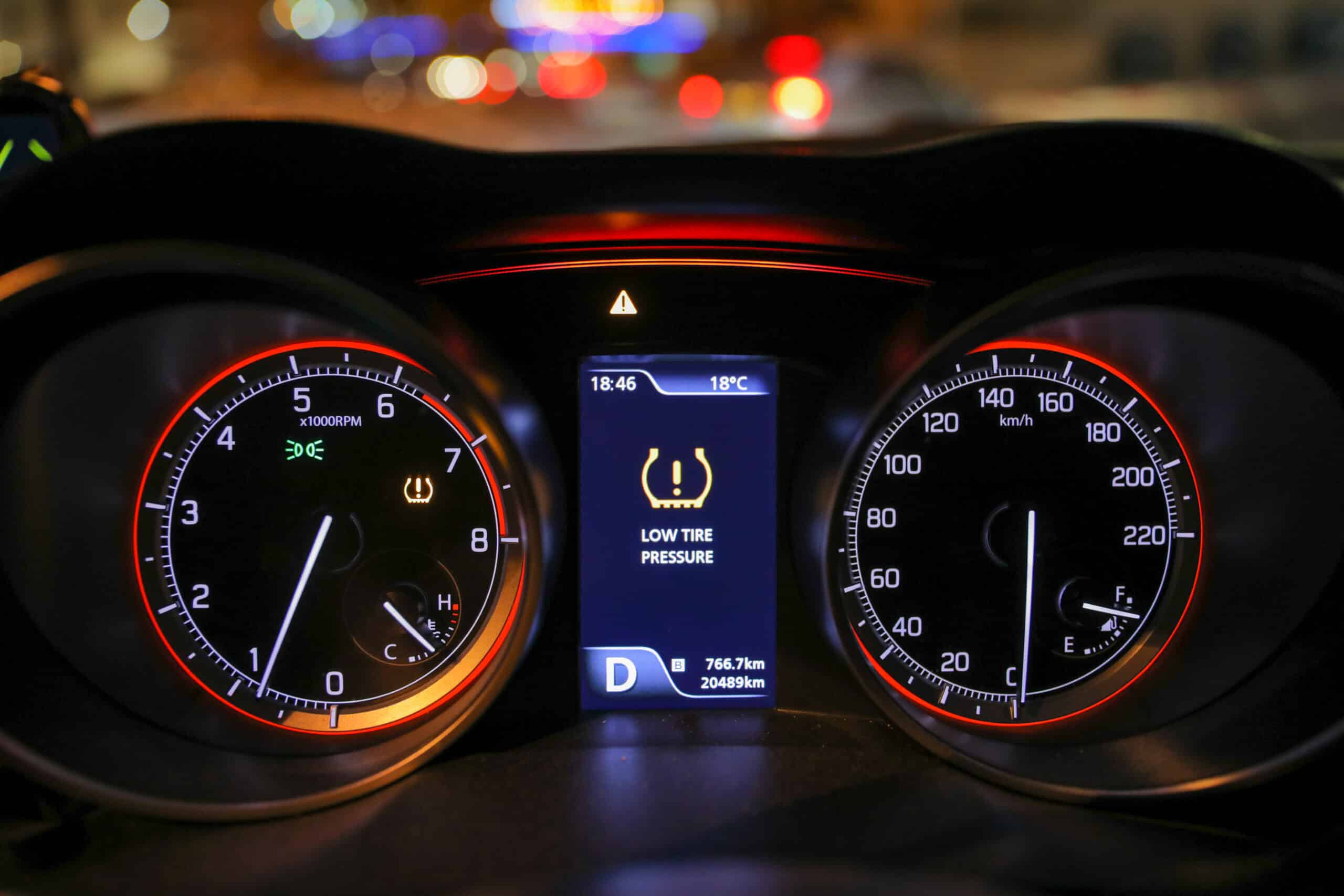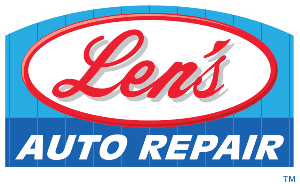We Service & Sell Tires
Improve your vehicle’s handling and drive with safety. Tires are the single most important safety feature on your car. They are the only thing that connects the car to the pavement. If the tires don’t have a good grip on the pavement, the anti-lock brakes and stability control cannot do their job properly.
A vehicle will typically go through a few sets of tires during its’ life on the road. Despite advances in longer-lasting tires, tread life will vary with every vehicle. Proper maintenance and responsible driving can maximize the mileage in a set of tires.
Let us help you find the next set of tires for your vehicle! Below are some of the tire services that we offer:
- Wheel Alignment
- Tire Mounting
- Tire Balancing
- Tire Rotation
- Tire Inspection
How do you know if you need a wheel alignment?
- Your steering wheel vibrates.
- You’re driving straight, but your steering wheel is not centered.
- Your car drifts to one side when you let go of the steering wheel.
- You have uneven tire wear.
Benefits of having your car aligned
- Longer-lasting tires – a vehicle that is out of alignment correlates to uneven tire wear. If your tires wear unevenly, you’ll be replacing them much more frequently than you would otherwise need to. Have you checked the price of tires lately? Yikes!
- Better gas mileage – Misalignment creates rolling resistance than can decrease your fuel mileage.
- Safety – this is of the utmost important. The lack of control due to misalignment will make it much more difficult to steer your vehicle of any debris in the road. Vehicles that handle poorly are more at risk of loss of control.
Business Hours
Monday: 8:00 am – 5:00 pm
Tuesday: 8:00 am – 5:00 pm
Wednesday: 8:00 am – 5:00 pm
Thursday: 8:00 am – 5:00 pm
Friday: 8:00 am – 5:00 pm
Saturday: Closed
Sunday : Closed
Payment Options

Cash and Check
Free Tire Inspection
Planning a road trip or have a leaky tire? Call or swing by your local Len’s Auto Repair for a FREE TIRE INSPECTION and let our trained technicians inspect your tires’ tread depth, inflation pressures and sidewall conditions.
Tire Guide
What type of tires do you need?
Finding new tires for your vehicles can be a hassle. Which type of tire do you need? What brand? There are many different options, let us help you find your next set!
Passenger Tires
Passenger tires are designed for use on lighter weight vehicles such as regular passenger cars, minivans, crossovers and smaller pickups or SUVs. You’ll find two major categories of passenger tires: Standard tires are ideal for most vehicles featuring a larger sidewall and narrow footprint. Touring tires are more often found on premium vehicles equipped with a touring suspension package featuring a shorter sidewall and larger footprint (providing more responsive handling).
Performance Tires
Performance tires are designed to give owners of sports cars and other vehicles increased handling and traction. These tires have a higher speed rating ensuring the tire is matched to the performance standards of the vehicle.
Light Truck Tires
Just as the name sounds, these tires are more suitable to carry not only the weight of larger trucks, SUVs and vans, but also the higher carrying demands of those vehicles. Thus, wrangling heavy loads and towing with no worries. These tires are built with thicker plies and have sidewall reinforcements making light truck tires up to the job.
Simple Tread Test
Tire tread is composed of several ribs. Turn the penny so that Lincoln’s head points down into the tread. See if the top of his head disappears between the ribs. If it does, your tread is still above 2/32” , If you can see his entire head, it may be time to replace the tire because your tread is no longer deep enough.
TPMS
A Tire Pressure Monitoring System (TPMS) is generally an electronic system designed to monitor the air pressure inside the pneumatic tires on vehicles. These systems report real-time tire pressure information to the driver alerting when tire pressure is low.

